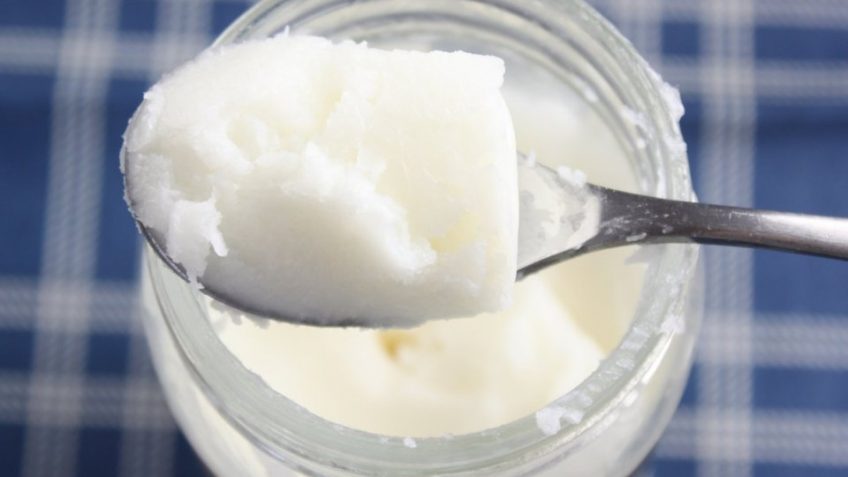A 50-minute German lecture becoming a viral hit on YouTube might sound unusual, but the title of the talk by Karin Michels, the director of the Institute for Prevention and Tumor Epidemiology at the University of Freiburg and a professor at the Harvard TH Chan School of Public Health, has caused a bit of a stir online.
During the lecture, titled “Coconut Oil and other Nutritional Errors,” Michels has made herself very clear with regard to dietary recommendations, and underlined that coconut oil is not healthy.
Its superfood status had already come under scrutiny last year after the American Heart Association (AHA) updated its guidelines, which recommended that people avoid the saturated fatty acids found in coconut oil.
‘Coconut oil is pure poison’
Michels went a step further than to recommend avoiding the foodstuff, saying “coconut oil is pure poison” and “is one of the worst foods you can eat.”
There’s no study showing significant health benefits to coconut-oil consumption. And, according to Michels, coconut oil is more dangerous than lard because it almost exclusively contains saturated fatty acids, ones that can clog the coronary arteries. You can identify fats that contain large quantities of saturated fatty acids by checking to see whether they remain solid at room temperature, as is the case with butter or lard.
Based on the fact that they contain a lot of unsaturated fatty acids, experts recommend olive or rapeseed oil as an alternative, and while it can’t be used for cooking, flaxseed oil is rich in omega-3 fatty acids and is just as good for the body.
While Michels doesn’t describe other “superfoods” like acai, chia seeds, or matcha as harmful, at most she considers them ineffective because, in most cases, the nutrients they’re touted for are available just as readily in other foods that are more easily accessible such as carrots, cherries, and apricots.
“We are well and sufficiently supplied,” she said.
Are saturated fats really that unhealthy?
Most researchers agree that olive oil or linseed oil can form an important part of a healthy diet. While the scientific world is still debating whether saturated fatty acids really are the work of the devil, others say with certainty that that’s the case.
However, a study published in the American Journal of Clinical Nutrition indicated that people who routinely consume cheese, whole milk, and other high-fat dairy products — in essence, products high in saturated fatty acids — are at no higher risk of dying from a heart attack, stroke, or other illness than those who avoid such products.
Another study using data from 135,000 people in 18 countries and published in The Lancet, found that high fat and low carbohydrate consumption were associated with a 23% lower risk of death. And, even more exciting, the positive effect still stands, regardless of whether saturated or unsaturated fatty acids are being consumed.
So what’s the actual verdict on coconut oil? Most international dietary guidelines recommend enjoying saturated fats in moderation. As the saying goes, the dose makes the poison, so if you do have a soft spot for coconut oil just take care not to overindulge.
This post originally appeared on Business Insider Deutschland and has been translated from German.














You must be logged in to post a comment.